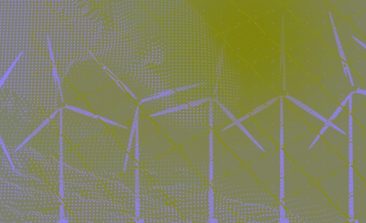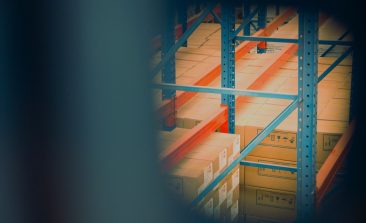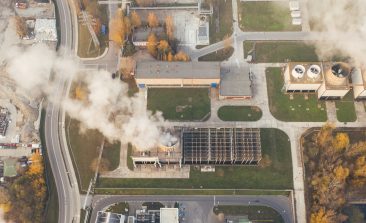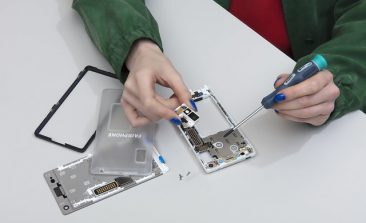7 Results for: Lieferkette
How to Accelerate the Energy Transition Using Digital Technologies
Which roles can digital technologies play in the transformation of our energy system towards using 100 percent renewable energy? In the latest "Energy Transition – The Future is Networked" Greenbook, RESET.org has researched solutions and interviewed experts. Here are the results.
DIBIChain: Putting a Product’s Entire Life Cycle on the Blockchain
A life cycle assessment reveals a product's ecological impact from before it is produced, through its use, and until its disposal. The DIBIChain is designed to make this process easier and more transparent.
Interview: Climate Neutrality in Industry 4.0 – How Do We Get There?
In Germany, industry is responsible for around a quarter of all CO2 emissions. We talked to Grischa Beier (IASS Potsdam) about how industry can reduce its massive CO2 emissions with the help of digitalisation.
Blockchain-Based Platform Textile Trust Aims to Make Industry Supply Chains More Transparent
Consumers are rarely given information about where their clothes come from and how they were made. In Germany, a new platform aims to bring more transparency into textile supply chains.
New Study Shows: Electromobility Could be Carbon Neutral by 2050
According to a new study, electric cars could become carbon neutral by 2050 - but if zero carbon mobility is ever to become reality, policy makers need to make a few key important changes.
Sustainable Electronics: Which Smartphones and Computers are the Greenest?
When it comes to clothing, coffee and chocolate, there are dozens of labels and certifications that prove products have been sourced and manufactured in a socially and environmentally ethical way. But when it comes to smartphones, computers and other devices, it's a different story. Want to support the future of sustainable electronics? We've put together some tips.
More Transparency, Less Corruption, “Better” Bureaucracy: How Can Blockchain Help?
Blockchain isn't only set to shake up our financial system – it could also help reduce bureaucracy, make supply chains more transparent and fight corruption around the world.






